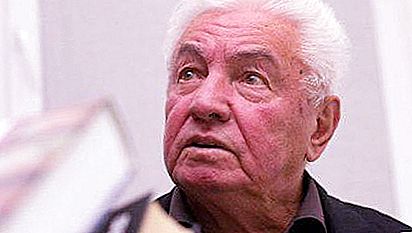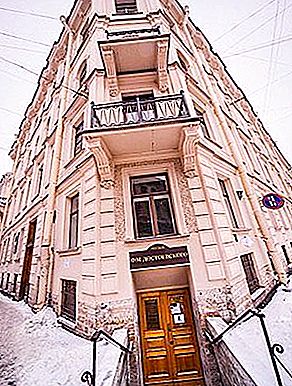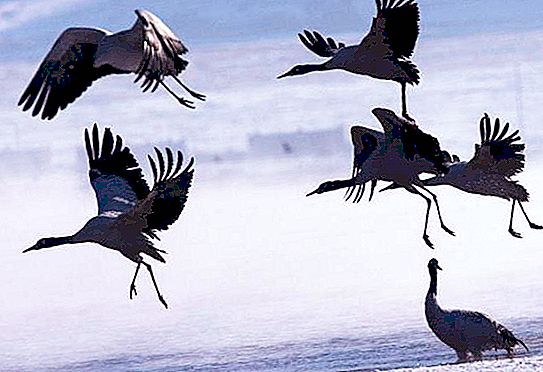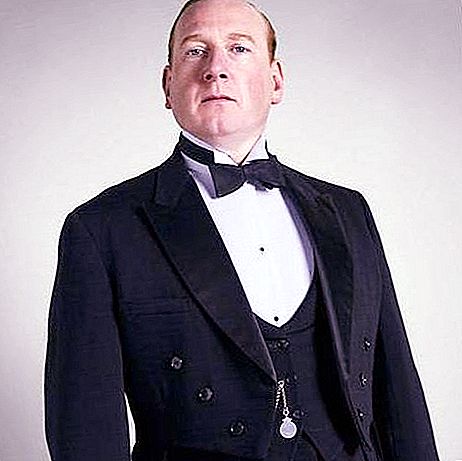For more than half a century of his literary career, writer Vladimir Voinovich has become accustomed to being in the center of reader's attention and constantly being in the crossfire of literary criticism from ideologically opposed camps. Did the writer himself seek such a fate? Or did it happen by chance? Let's try to figure it out.
Vladimir Voinovich: biography against the backdrop of the era
The future Russian writer was born in 1932 in the city of Stalinabad, which at that time was called the capital of sunny Tajikistan, the city of Dushanbe. It would not be an exaggeration to say that Vladimir Nikolaevich Voinovich, whose biography began in a remote province, was initially predisposed to choosing such a path.
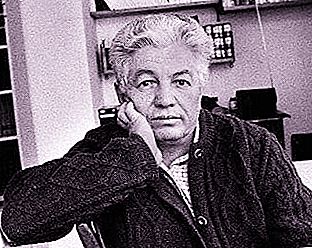
The parents of the future writer were intelligent people who devoted their whole life to journalism. However, the path to independent literary work was very short for him. Despite the fact that his poems were published in provincial print runs, the first poetic experiments should be recognized as very amateurish. The country was going through a historical period, now known as the "Khrushchev thaw, " when Vladimir Voinovich made his debut with his first prose works. Behind was a military service, work on a collective farm and construction sites, an unsuccessful attempt to enter the Literary Institute. It was a time of rapid renewal of all social and cultural life. A new generation quickly broke into literature, of which Vladimir Voinovich was a bright representative. His books were sharply conflicted and found a lively response from numerous readers.
Poetry
However, Voinovich received his first fame as a poet. At the dawn of the space age, a song based on his verses “Fourteen Minutes Before Launch” gained wide popularity. It was quoted by Khrushchev himself. For many years this song was considered an unofficial anthem of the Soviet cosmonautics. But despite the fact that Vladimir Voinovich is the author of more than forty songs, prose became the main direction of his work.
Thaw ending
After the overthrow of Khrushchev in Soviet cultural life, new times began. In an ideological reaction, telling the truth has become very difficult. And very unprofitable. But Vladimir Voinovich, whose books managed to gain respect from a wide range of readers, did not deceive his fans. He did not become a opportunistic Soviet writer.
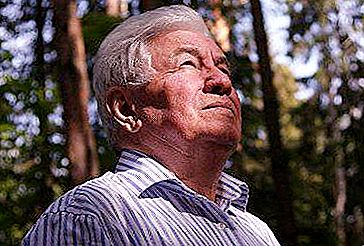
His new, sharply satirical works about Soviet reality diverged in samizdat and published outside the Soviet Union. Often without the knowledge and permission of the author. The most significant work of this period is The Life and Extraordinary Adventures of Soldier Ivan Chonkin. This novel, designed in an absurdist style, became widely known in the West and was considered anti-Soviet. There was no question of publishing this book in the homeland. Such kind of literature was distributed in the Soviet Union only in a typewritten form. And reading and disseminating it were prosecuted.
Human rights activities
In addition to literature, Vladimir Voinovich declares himself as an active public figure, advocating for the rights of the repressed. He signs various statements and declarations, advocates for the release of political prisoners, and helps their families financially. For his advocacy work, the writer was expelled from the USSR SP in 1974, which deprived him of the opportunity to earn a living by literary work and practically left him without a livelihood.
Emigration
Despite prolonged persecution for political reasons, Vladimir Voinovich found himself abroad only after an attempt on his life by the special services. The writer survived after trying to poison him in the room of the Metropol Hotel in Moscow. In December 1980, by the decree of Brezhnev, he was deprived of Soviet citizenship, to which he responded with a sarcastic satirical comment, in which he expressed confidence that the decree would not last long. Over the next twelve years, the writer lived in West Germany, France and the United States.
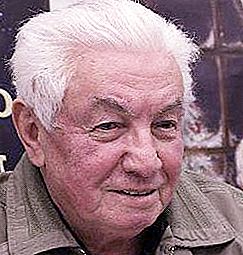
He hosted programs on Radio Liberty, composed the sequel to Ivan Chonkin, wrote critical and journalistic articles, memoirs, plays and scripts. I didn’t doubt that I would return home soon. Vladimir Voinovich returned to Moscow in 1992, after the destruction of the Soviet Union. It was a difficult time for the country, but there were reasons to hope not the best.

